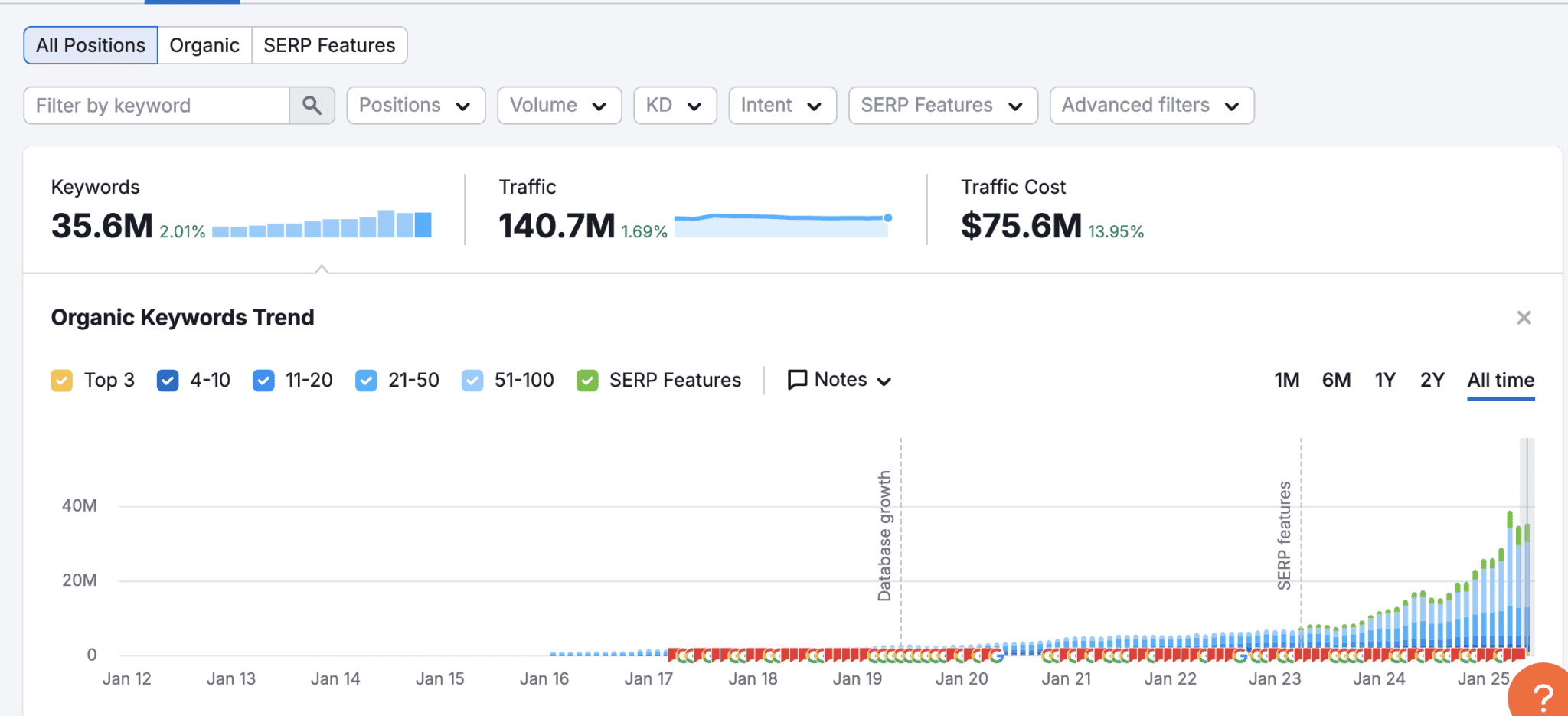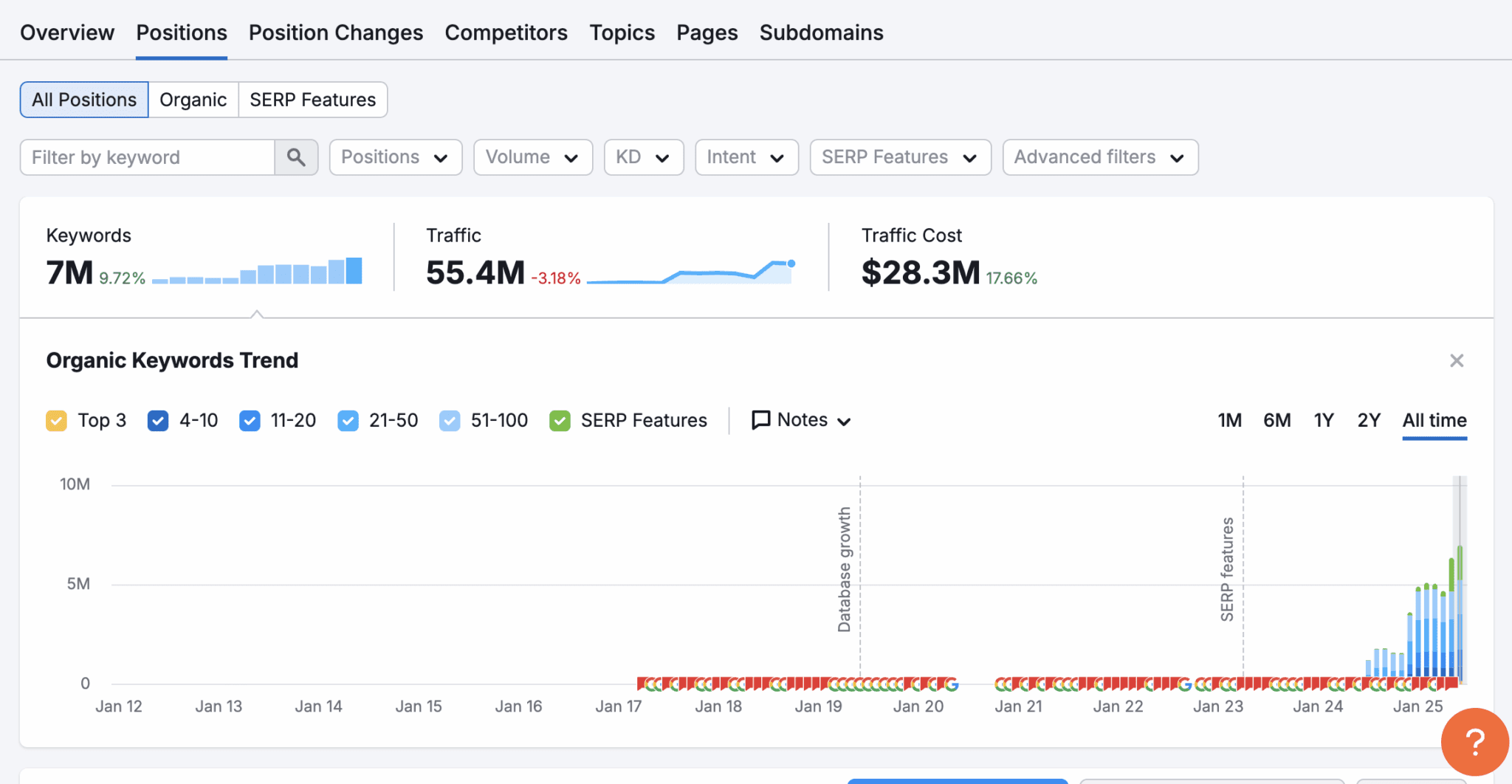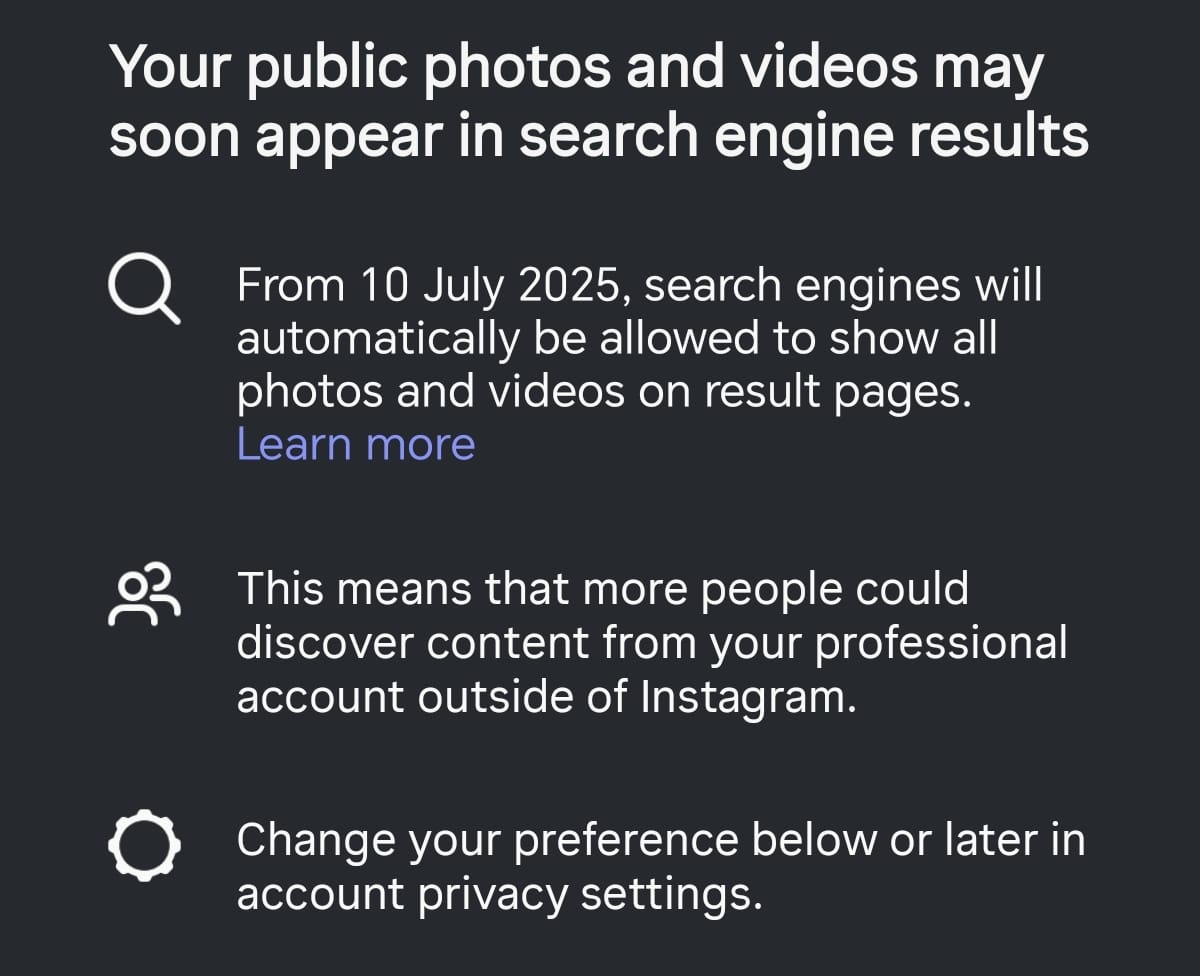Why Social Media Posts Are Now Ranking Higher Than Your Website (And What To Do About It)
It’s already happening. Quietly at first, now at full speed. From 10 July 2025, search engines will begin indexing public photos and videos from Instagram, TikTok, and other platforms, pulling them straight into search results.
This isn’t just a feature update. It’s a reshaping of how visibility works online. You’re already behind if your SEO strategy doesn’t account for social-first content.
Search engines are clearing out thin, low-value pages to make space for what users want: genuine, authentic, user-generated content (UGC). The blogs built for keywords alone are irrelevant. What’s ranking now is content powered by human engagement, visual storytelling, and built-in trust signals.
Here’s what that means and how to respond if you want to keep appearing in search.
Social SEO Is No Longer Optional (And The Data Proves It)
The shift isn’t theoretical. The numbers tell the story.
A recent SEMrush domain report (see Image 2) shows X.com now ranks for over 7 million keywords, generates 55.4M visits per month, and holds a $28.3M traffic value. Even though overall traffic dropped by 3.18%, the site’s value jumped by over 17%, due to increased authority and richer visibility.
Now compare that to a second domain focused heavily on UGC content and visual-first platforms like Instagram (see Image 1). It’s exploding:
-
35.6 million keywords
-
140.7 million monthly visits
-
A $75.6 million traffic value (up nearly 14%)
This is the clearest indicator yet: social-first content is now search content.
📌 Image 1: SEMrush keyword and traffic growth from UGC-heavy domain

📌 Image 2: X.com growth trend and SEO value, driven by visibility and brand search

Old SEO Tactics Are Being Left Behind
SEO hasn’t disappeared. But the rules have changed.
What’s being penalised:
- Thin, generic pages that offer little user value
- Landing pages using the same structure across categories
- Pages with backlinks but no real engagement
What’s being rewarded:
- Visual content backed by genuine interaction
- Content featuring reels, stories, carousels, and user input
- Pages enhanced with embedded social feeds and real-time updates
If your strategy still splits social and SEO into silos, you’re missing how Google now sees content as a connected whole. A strong-performing page combines useful keywords, regular updates, and visible proof of relevance.
For brands that want to stay on the front foot, now’s the time to blend your approach.
Need help reworking low-quality pages? Our SEO audit service pinpoints where your content is underperforming and how to fix it.
Social Media Is Dominating the Search Results
Instagram, TikTok and X aren’t just places to entertain or promote. They’re search engines in their own right and they’re feeding results directly into Google.
Here’s why your content from these platforms is starting to rank:
- Google now indexes public social posts
- UGC is seen as more trustworthy than brand-polished content
- Social platforms encourage frequent, consistent posting
Your latest Instagram story or FAQ reel could rank above your carefully written blog. If you’re not building that kind of content, your competitors are.

Five Ways to Future-Proof Your SEO Strategy with Social
There’s still time to adapt. Here’s what to do right now:
1. Clear out thin content
Audit your site for pages with less than 500 words, poor traffic or weak engagement. Rewrite them with real value or remove them. Our content marketing service helps brands rebuild around what users want.
2. Optimise your Instagram like a search engine
Use captions that mirror how people search. Add alt text with keywords, use structured highlights, and tag intelligently. If you need support, our social media management team can help position your account for visibility, not just reach.
3. Embed social content directly into your site
Showcase your Instagram feed or TikTok on relevant product and service pages. This keeps your content feeling current and improves freshness signals to Google.
4. Use trending formats with search in mind
Turn common queries into quick videos. Convert customer reviews into reels. Make stat-based blog snippets into carousels.
5. Monitor what’s working
Use GA4 and SEMrush to track which keywords and social posts are starting to overlap. Then double down. Our SEO audit tools integrate all of this into one streamlined dashboard.

Where Search Is Headed: Trust, Authority, and Real Engagement
Google’s latest algorithm updates added a new lens to its E-E-A-T framework: human engagement. That means trust isn’t just built through backlinks it comes from interaction, proof, and content that feels lived in.
It’s not about who writes the longest post. It’s about who connects with users and how that shows up in comments, saves, shares, and reactions.
That’s exactly why social-first platforms are growing their keyword share at record speeds (see Image 1 again). They’re not guessing what users want, they’re reflecting it.
Want to connect SEO with content that builds trust? Explore our omnichannel strategy services to unify your message across all key platforms.
The SEO Shift Has Already Happened
If you’re still relying on blog posts written for keywords alone, you’re working with outdated tools. The brands that dominate the next wave of search will be those who combine storytelling, search signals, and social proof.
Use keywords with intent. Pair them with visuals. Measure what works and cut what doesn’t. Make SEO and social one strategy, not two teams.
Don’t just post. Optimise.
Because starting 10 July, Google won’t just be showing search results. It’ll be showing you.



